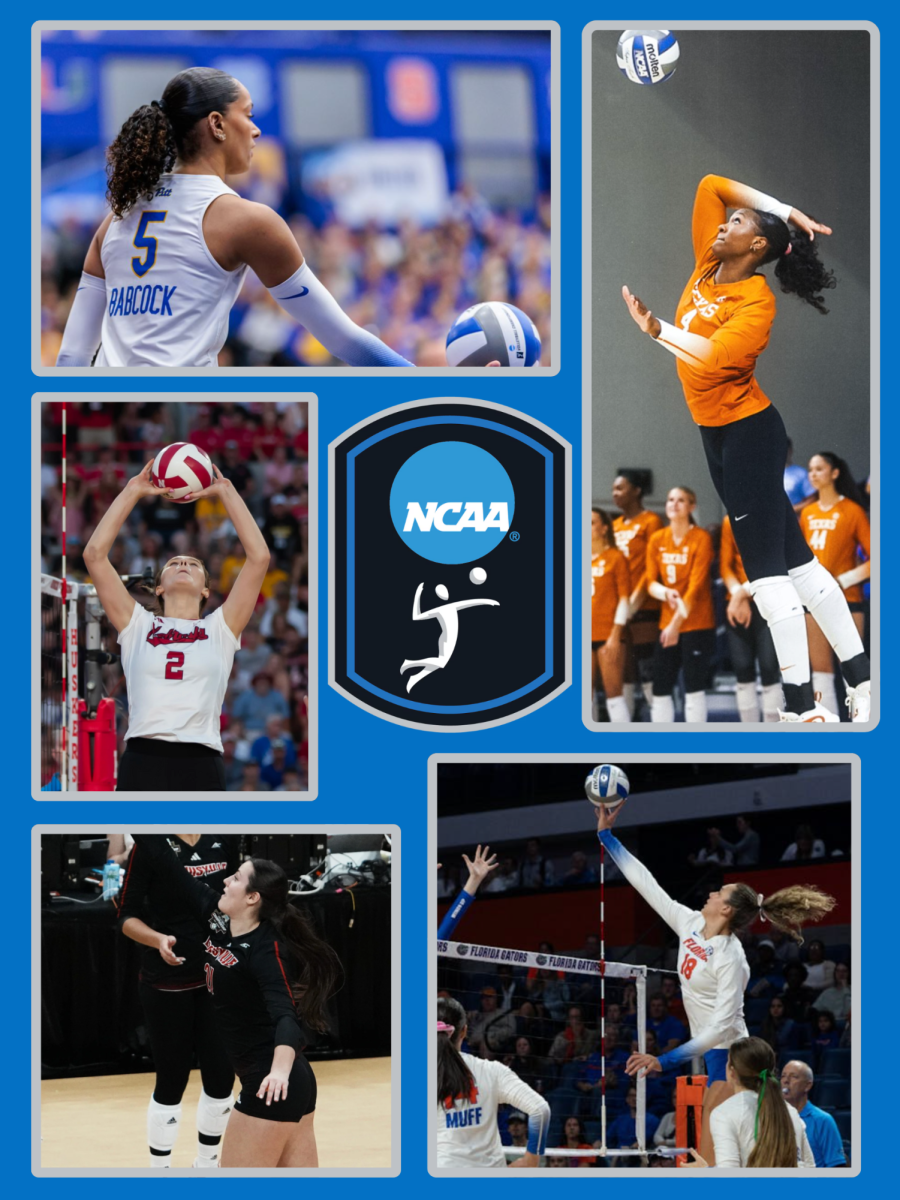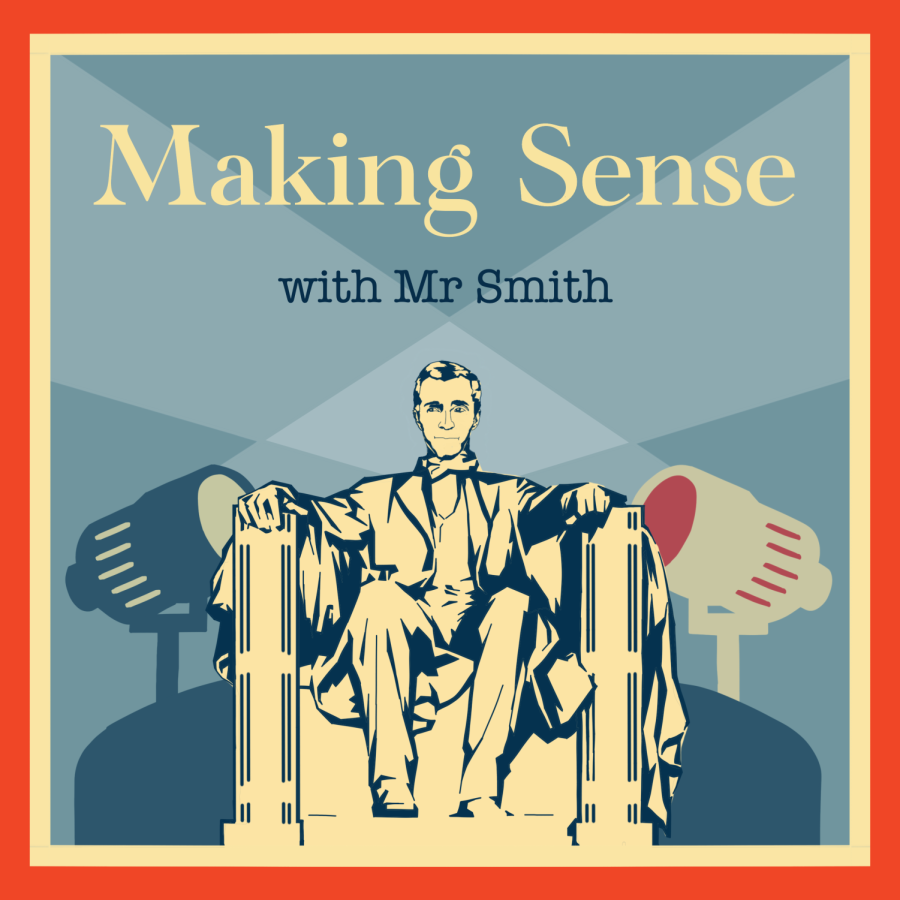Election day is getting closer each day, and people are filled with mixed emotions and thoughts about the candidates and the pressure to submit votes, thanks to the ongoing political messages sent to our phones and the advertisements unveiled on television. From bombardment texts to television ads, voters are constantly reminded of their civic duty, and with each passing day, the urgency to pick a candidate intensifies. The November 5th, 2024, election day looms large, and the anticipation grows and as campaigns vie for attention, it’s impossible to ignore the omnipresence of political outreach in our daily lives.

However, the current flood of political messaging has improved technologically over time, as technology always does, and psychologists did a study on political messaging and how it drives voters’ points of view during this time of the election coming upon us. Dr. Drew Western, a psychologist who specializes in personal and political psychology, did an interview with Kim Mills titled, “Speaking of Psychology: The Psychology of Political Messaging, With Drew Western PHD.” Dr. Western discussed how viewing political messaging doesn’t all have to do with the viewer or voter’s emotions, and these pop-up campaigns on our devices are typically seen, and claims voters will ask two questions to themselves; does this person care about people like me, as well as do they align with my values?

As someone who isn’t old enough to vote but has an opinion on the upcoming election, I still agree that these are commonly asked questions with voters; however, I have thought that a voter’s standpoint would also be driven strongly by emotion, a voter’s decision being driven mostly by simple fact and does align with the questions he claims voters ask. He claims, “Well, we had a suspicion that in politics, when it got to be about your candidate, and you had an emotional investment in your candidate, we didn’t think any of the circuits would turn on at all. We expected that what was going to happen, so here’s an example, that was slightly altered. So we altered examples if they were, most of them were very close to things the candidates said or did.” Dr. Drew’s quote highlights the interplay of emotion as well as rational decision-making in how voters process political messaging. Western heavily believes that political messaging sparks less emotion and his research implies he takes a more nuanced approach.
These messages serve as an ongoing reminder to vote to flood our messages as well as our spam emails with reminders that the election is coming up and that voting is something that matters. I do believe people are entitled to their own opinions and people need to have a voice and a conviction on problems the economy is facing, however, the assailing of reminders can feel like too much, or even overwhelming at times to others.
Sources:
https://www.apa.org/news/podcasts/speaking-of-psychology/political-messaging






















